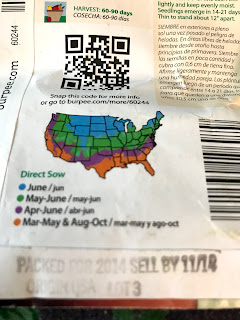Growing in containers

I have had numerous gardens throughout my life, large and small, but since moving to our house in Dublin twenty five years ago I have had to find other means of growing food than the big, flat, sunny garden patch I most desire. We just have too many trees around the house, and while the house itself gets good sun over the course of the day, there is no full sun spot anywhere in our yard. The morning sun hits the east side of the yard late due to a few big trees, then it ducks behind a beautiful big oak in the middle of the day and finally sinks below the tree line on the west in late afternoon. So I have a lot of flowers and a lot of perennials which attract a lot of pollinators. I also have berries, fruit trees and grapes which do all right in this yard. But for vegetables I have relied on other gardeners by supporting farm stands and CSAs in my area. After much trial and error I decided my best bet for growing some vegetables at home would be containers and last year I had the...




